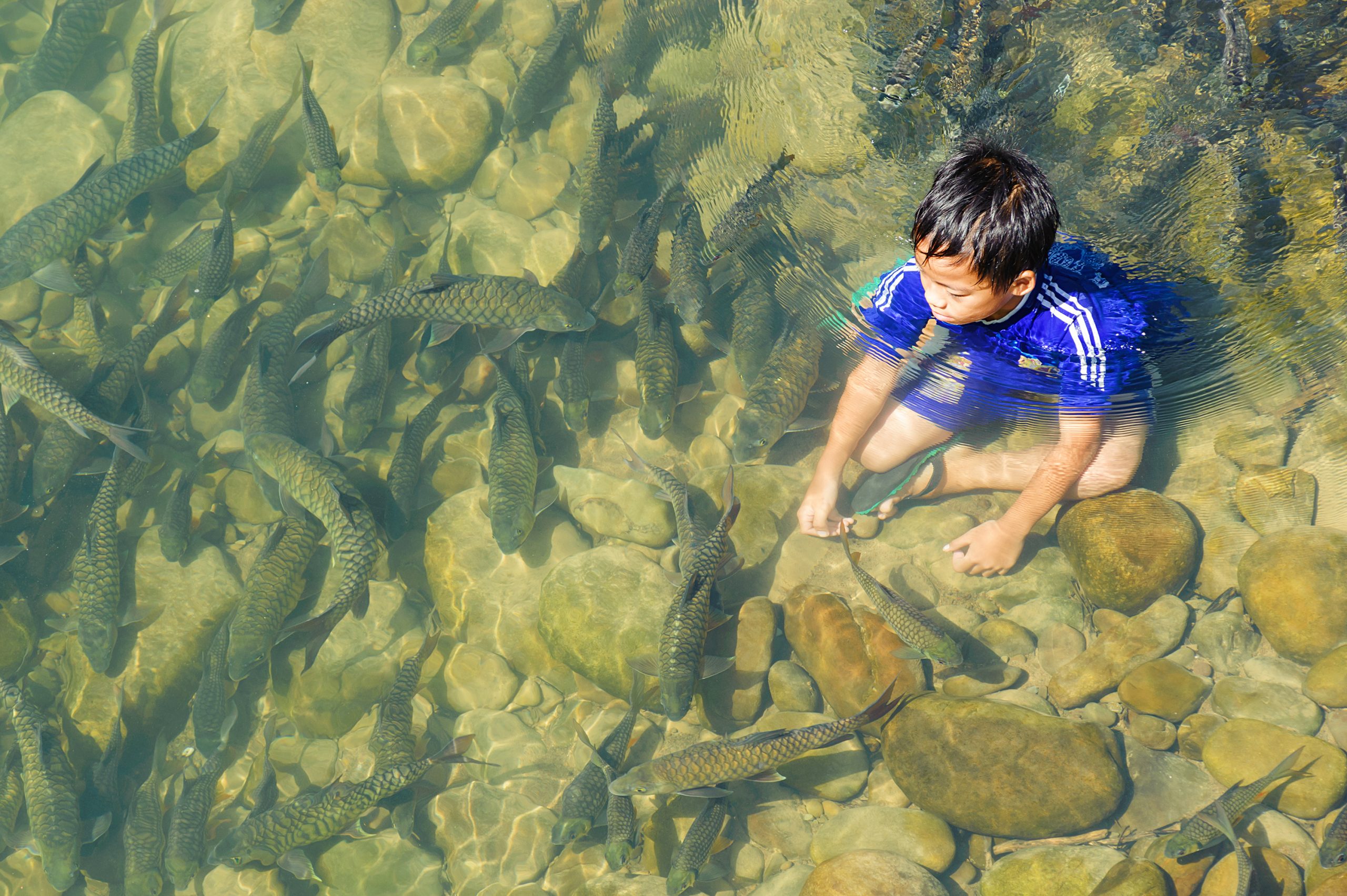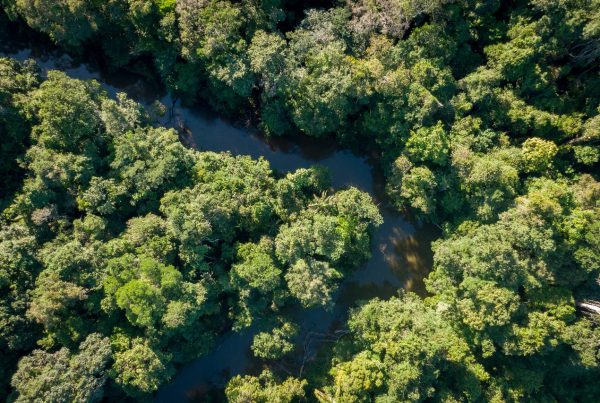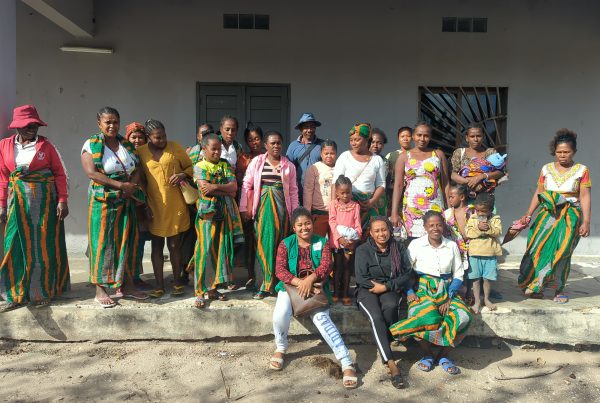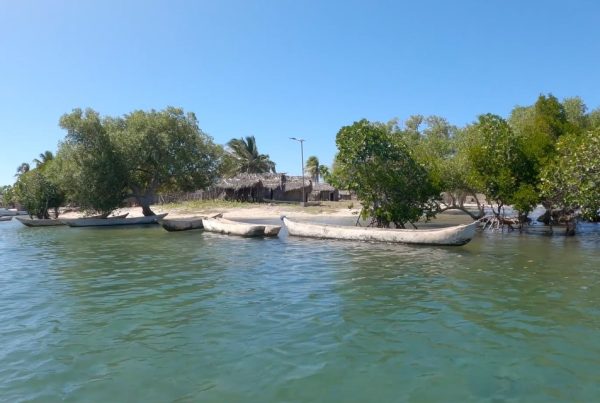Tagal means prohibition in the Dusun language, and has been practised by the indigenous peoples of Sabah for many generations. It involves shared responsibilities and management, not only for rivers but also for other natural resources. This traditional concept has been adopted by the Sabah Fisheries Department and about 400 river co-management systems have now implemented the tagal concept.
Alice Mathew and Jawatankuasa BioBudaya Melangkap
Tagal means prohibition in the Dusun language, and has been practised by the indigenous peoples of Sabah for many generations. It involves shared responsibilities and management, not only for rivers but also for other natural resources. This traditional concept has been adopted by the Sabah Fisheries Department and about 400 river co-management systems have now implemented the tagal concept.
One participating community is the Dusun community in Kampung Melangkap. Located at the foothills of Mount Kinabalu, their territories are rich in terrestrial and aquatic biodiversity. The high value they place on the rivers is clearly reflected in the village adat (customary rules), which include written by-laws and other rules for protecting and managing rivers.
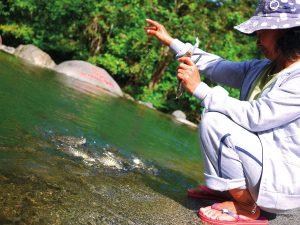
The community fishing area of Kampung Melangkap Tiong. Credit: Alice Mathew
The tagal system was formalised in Melangkap in 1986 and since then the community has seen an increase in fish numbers and in the number of endemic species. Bombon committees of elected villagers were set up to manage tagal areas (bombon is a Dusun word referring to an area where strict rules are applied). Some common rules apply to tagal areas:
- Tagal sungai: part of the river may be demarcated as an area where access by others is prohibited; for example, the lubuk (deep pool).
- Fish poisoning, blast fishing and the use of harmful fishing equipment are prohibited.
- Entry by outsiders without the community’s prior permission is prohibited.
- Penalties are issued to those who violate the tagal rules and regulations.
In the past, there was a three-year no-take period followed by an open season, but the current bombon committee has decided to tagal the river with no harvest at all, due to benefits from ecotourism, which relies on fish as a major attraction.
The tagal system is now linked to the Melangkap community protocol, which includes strict adat rules and defines free, prior and informed consent processes for activities by external actors that may affect the community and their territories. Thus, the Melangkap community has one of the most comprehensive access and benefit-sharing models, which complements the Sabah Biodiversity Enactment 2000 and Malaysia’s Access to Biological Resources and Benefit Sharing Bill 2017. To date, the Melangkap Protocol has been used successfully by the community to negotiate the avoidance of a sacred site during planning of road infrastructure; to limit externally driven tourism development to communal land; and to establish a benefit-sharing system for the community’s ecotourism project.
Image caption: A child plays with fish in Sabah. The Melangkap community protocol has been used to establish equal sharing of benefits from ecotourism. Credit: Lano Lan.
Author
- Alice Mathew and Jawatankuasa BioBudaya Melangkap
Ecosystems
- Tropical forests
Topics
- Conservation and sustainable use
Type
- Short-form
Date
- This case study forms part of LBO-2
